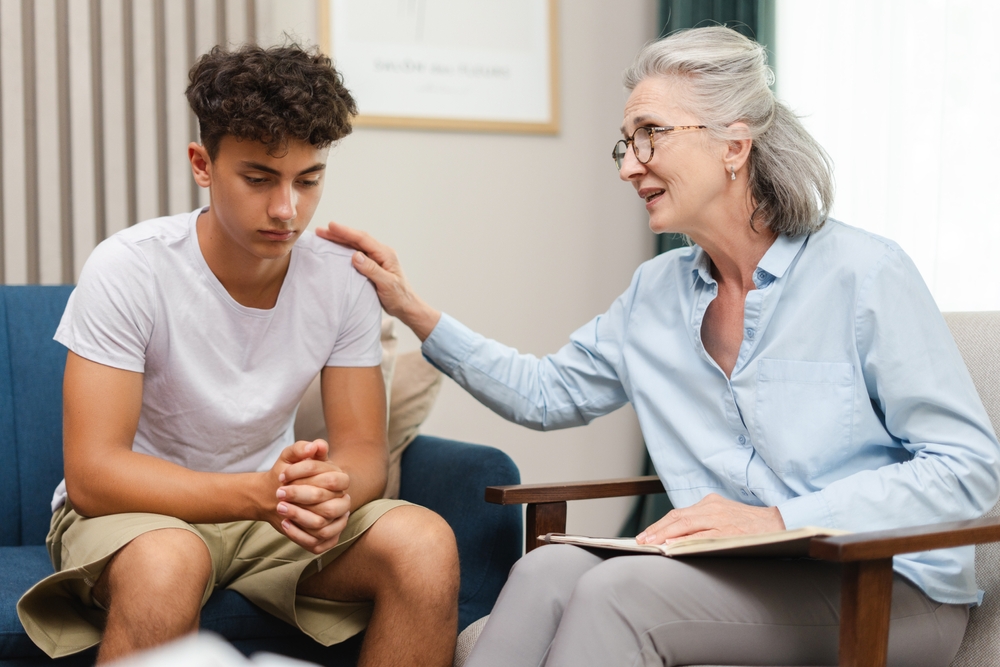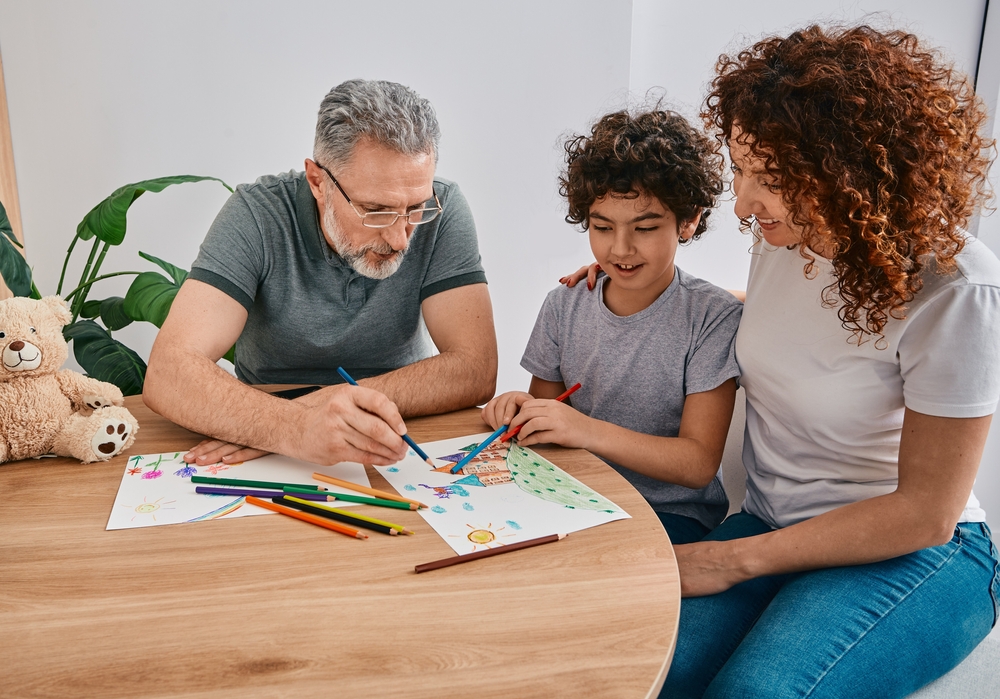Last Updated:
July 29th, 2025
Treatment Therapies | Addiction Treatment
Addiction therapies are the tools you will use in rehab to untangle thoughts, habits, pain and triggers. While all can make a huge difference, there isn’t one kind of addiction therapy that works for everyone. Some people need time and space to talk things out, while others do better with practical strategies or learning new ways to spot the moments where things usually go wrong. No matter what type of addiction you are looking to overcome, understanding what addiction therapies are, how the different types work and what to look for in a well-rounded rehab programme is a great way to begin your recovery journey.

What is addiction therapy?
Addiction therapy is a safe space where you get to talk, listen, reflect and work through what’s going on in your head or life that has caused addiction. It is led by a trained expert who can help you make sense of your thoughts, feelings, habits or past experiences without passing judgement.
Some people go to therapy because something big happened that suddenly triggered addiction. Others need to work through deep-seated challenges that have caused a lifetime of addiction struggles. There are different types of addiction therapy but all are designed to help you create a life without drugs, alcohol or harmful behaviours.
How does therapy help addiction recovery?
Addiction is usually tied to thoughts, feelings, habits or experiences that are hard to deal with. In rehab treatment, therapy helps you talk through the past so it no longer dictates your present. This means rethinking some of the beliefs that have been holding you back, noticing your thoughts without getting dragged into them and knowing what to do when cravings hit.
Struggling with an addiction? If you are ready to seek help, reach out to us today, and a member of our compassionate team will help you find the best option for starting your recovery journey.
Traditional addiction therapies
Top rehab programmes offer a mix of well-established therapies that have been proven to be effective for recovery. New ones are being developed all the time, with some of the most common including:
Holistic therapies
Holistic therapies are about helping your body, your brain and your emotions work together again. Some of the most effective forms of holistic addiction therapy include:
Benefits of a combined approach of traditional and holistic therapies
There is no “right” way to recover from addiction so the best rehab therapy programmes mix traditional approaches with holistic ones. Traditional rehab therapy helps you understand your thoughts and behaviours, work through past trauma and build strategies to stay on track.
Holistic alcohol and drug addiction therapy can then help with the emotional and physical issues like stress, anxiety and all the other deep-seated struggles that can make recovery tough.
What therapies are most effective for behavioural addictions?
Behavioural addictions are just as serious as addictions to substances. However, rehab therapy can help you figure out why it feels so hard to stop, even though you can see the harm they are causing.
CBT is a cornerstone of gaming, shopping and gambling addiction therapy as it helps you spot the thoughts and triggers that lead to the urge and teaches you how to respond differently.
For things like porn addiction therapy, it can be crucial to address shame and isolation. That is where group therapy or individual psychotherapy can really help as they provide a space to talk through things that probably feel too hard to say out loud anywhere else.
Behavioural rehab therapy may also include relapse prevention planning, which helps you build a strategy for tricky moments like being near betting shops or needing to use the internet for work or school.

Get started on your recovery journey today
Not sure where to start with rehab therapy? At Addiction Helper, we can talk you through your options and help you find the addiction therapies that match your needs. Call us or message anytime. Real help is just a conversation away.
Our compassionate team are ready and available to take your call, and guide you towards lasting the lasting addiction recovery you deserve.
Frequently Asked Questions

